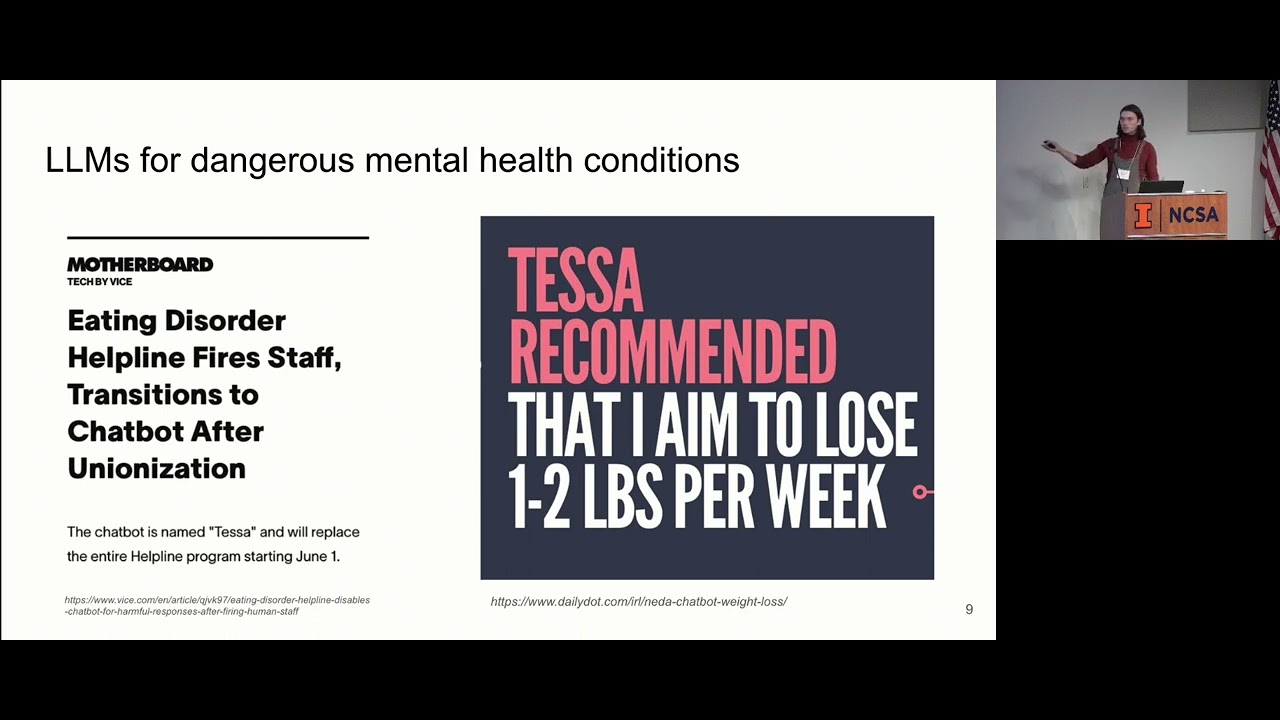
Exploring the Pros and Cons of Implementing AI in Mental Health Services
Advantages:
-
Enhanced Early Detection and Precise Diagnoses: By processing vast amounts of data, AI can enhance the precision of diagnoses, paving the way for personalized and efficient treatments.
-
Customized Treatment Strategies: AI has the potential to offer bespoke support and therapy results, improving access to personalized care.
-
Constant Support and Easy Access: AI-driven chatbots provide continuous support, diminishing stigma while offering convenient access to mental health resources.
-
Increased Efficiency and Workload Management: AI can streamline tasks such as patient data analysis and administrative responsibilities, enabling healthcare professionals to concentrate more on patient care.
Disadvantages:
-
Ethical Dilemmas: Potential risks encompass bias in algorithms, privacy infringements, and the risk of making mental healthcare impersonal due to excessive dependence on technology.
-
Absence of Human Interaction: The inability of AI to substitute human judgment and compassion, which are vital in mental health care, raises questions about the quality of care provided.
-
Data Protection and Security Issues: The need for large volumes of sensitive patient data by AI systems presents difficulties in guaranteeing data security and adherence to regulations like HIPAA.
-
Challenges with Training and Integration: Incorporating AI tools into existing healthcare infrastructures can be intricate and time-consuming, necessitating training for medical professionals to use these tools effectively.
In summary, although implementing AI in mental health services presents substantial advantages such as enhanced early detection and customized treatment strategies, it’s essential to address ethical issues, preserve human interaction during therapy sessions, ensure data security, and tackle integration challenges for successful deployment.


